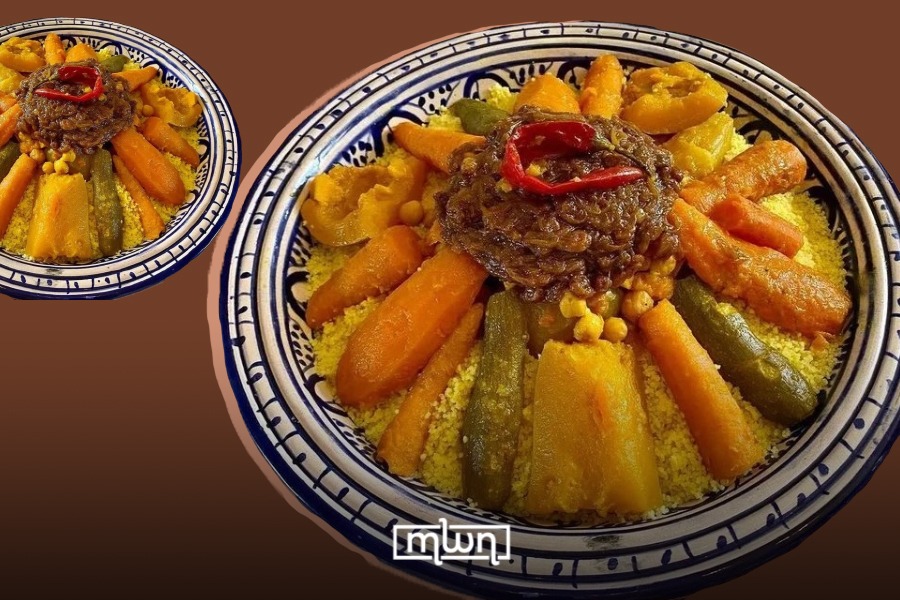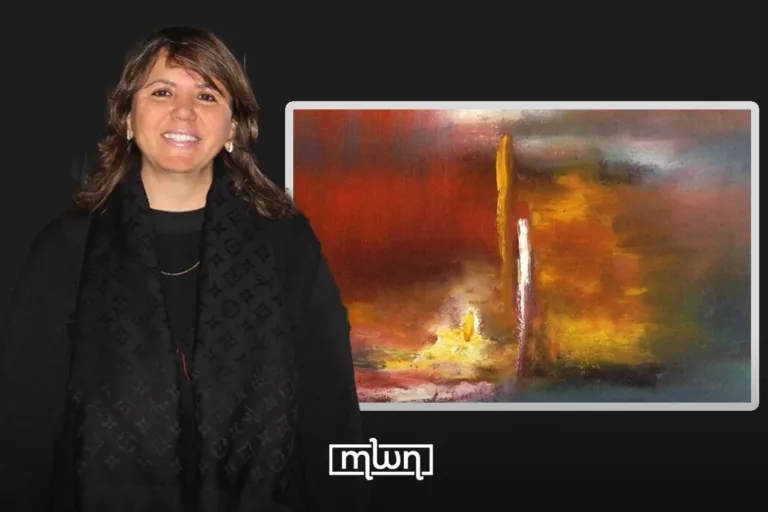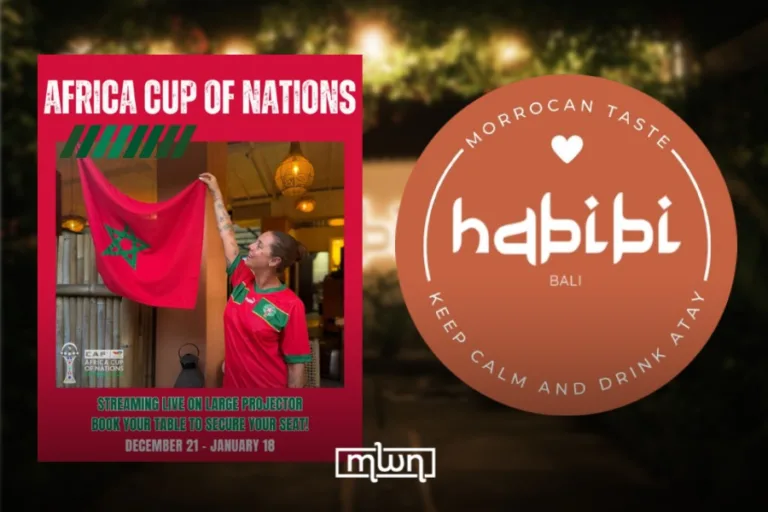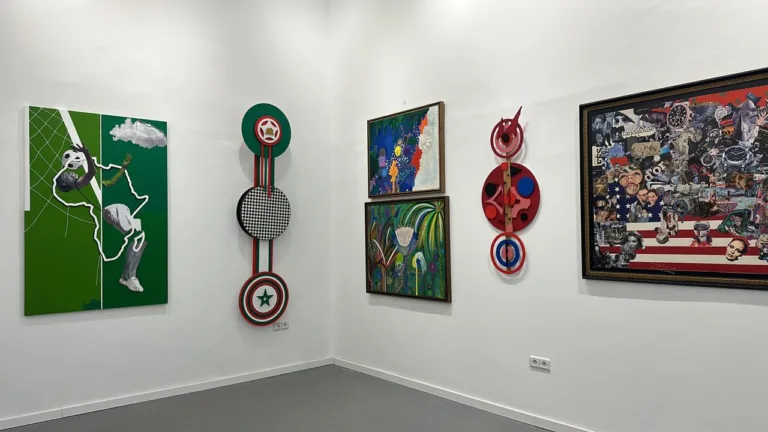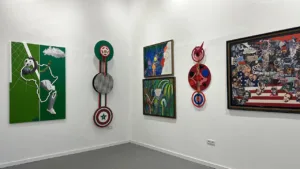Ever wondered what fills Moroccan homes with warmth and nostalgia every Friday? Let’s dish it out!
Fez – In Moroccan households, the rhythm of the week culminates in one sacred ritual: Friday couscous.
As the call to prayer echoes through the streets at midday, homes fill with the aroma of steaming semolina, slow-cooked vegetables, and tender meat, signaling not just a meal but a tradition deeply intertwined with culture, religion, and family.
For generations, couscous has been more than food — it’s a symbol of unity.
Friday, the holiest day in Islam, brings families together to share this beloved dish after Salat al-Jumu’ah (Friday prayer).
The act of gathering around one large, communal dish represents equality and a shared bond, with each person scooping their portion from the same plate.
Couscous itself reflects Morocco’s agricultural heritage, traditionally made from hand-rolled semolina flour.
It’s paired with hearty vegetables like carrots, zucchini, and pumpkin, often simmered with chickpeas in a spiced broth.
Meat, typically lamb or chicken, crowns the dish, though some regions opt for fish or goat depending on local customs.
A spiritual and social habit
The Friday couscous ritual is steeped in spirituality. Serving it after prayer embodies gratitude and generosity, as many families prepare extra portions to share with neighbors, the needy, or local mosques.
It’s a moment to pause and reflect, connecting with loved ones and upholding the Moroccan values of hospitality and kindness.
For younger generations, couscous offers a nostalgic link to their roots.
Amid the hustle of modern life, sitting around the family table on a Friday feels like stepping into a cherished tradition, a reminder of the importance of slowing down and reconnecting.
Modern twists
While the essence of Friday couscous remains intact, modern dietary preferences have inspired creative adaptations.
Vegan couscous, laden with seasonal vegetables and enhanced with plant-based protein like lentils or tofu, has become a popular alternative for those forgoing meat.
Gluten-free couscous, made from rice or corn flour, ensures that even those with dietary restrictions can partake in the tradition.
Restaurants and home chefs alike are experimenting with flavors, incorporating unexpected ingredients like quinoa, roasted nuts, or even exotic spices to create new interpretations of this classic dish.
These adaptations honor the spirit of couscous while reflecting Morocco’s evolving culinary landscape.
The Friday couscous tradition is a cornerstone of Moroccan identity, bridging past and present.
Whether served in its traditional form or with a modern twist, it continues to unite families, celebrate community, and nourish the soul — one spoonful at a time.
Read more: Gad Elmaleh’s Mom Launches ‘Walida’ Couscous Delivery Service

